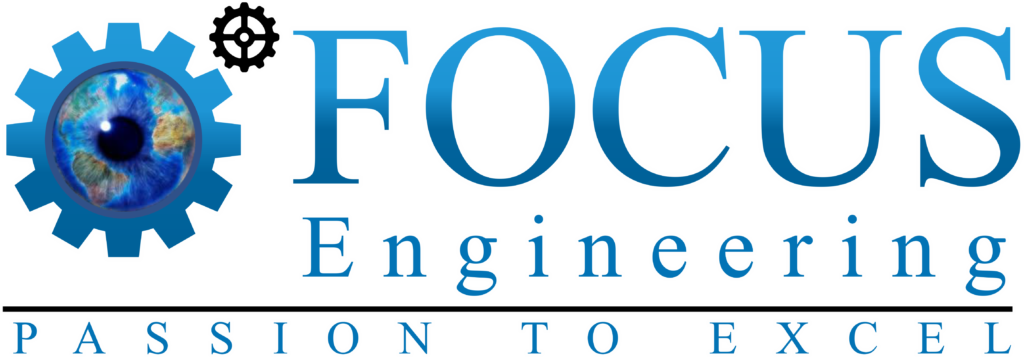Technician Training
Training Technicians: Building the Backbone of Automotive Excellence
Empowering skills to drive automotive growth and customer trust
The automotive industry is undergoing one of the most significant transformations in its history. From electric vehicles (EVs) and autonomous technologies to connected cars and sustainability standards, the sector is evolving at lightning speed. But amid this wave of innovation, one factor remains constant: the need for highly skilled automotive technicians.
Technicians are not just employees in a workshop — they are the backbone of automotive excellence. They bridge the gap between cutting-edge vehicle technology and customer satisfaction. Without proper training, even the most advanced cars can fail to deliver safe, reliable, and enjoyable driving experiences.

Why Technician Training Matters
Without proper training, workshops risk:
- Misdiagnosis and repeat repairs
- Customer dissatisfaction and loss of trust
- Reduced efficiency and profitability
- Non-compliance with OEM and government standards
In short, technician training is no longer optional — it is a strategic investment in business growth and customer loyalty.
The foundation of modern automotive success
Modern technicians handle not just mechanical repairs but also:
- Complex electronics and software diagnostics
- Hybrid and EV powertrains
- Advanced Driver Assistance Systems (ADAS)
- Connected car features and IoT integrations
- Sustainability compliance, recycling, and eco-friendly processes
Benefits of Training Technicians for Automotive Businesses
Training programs do much more than upgrade skills. They deliver measurable benefits for both businesses and customers:
Enhanced Technical Expertise
Trained technicians can confidently work on modern vehicles with advanced technology.
Higher Customer Satisfaction and Retention
When customers experience smooth, error-free service, they are more likely to return.
Increased Revenue Opportunities
Skilled technicians can identify preventive maintenance needs and recommend value-added services.
Reduced Downtime and Operational Costs
Training reduces the chances of repeat jobs and wasted time.
Compliance with OEM and Industry Standards
Automakers and regulators demand strict adherence to service protocols
Stronger Brand Image
A dealership or service center with well-trained staff gains a reputation for excellence and reliability, which sets it apart from competitors.
How Technician Training Impacts Business Growth
Training technicians is not just about skills — it directly influences bottom-line performance:

Higher Efficiency →
More Cars Serviced Per Day
Better Quality Repairs →
Reduced Warranty Claims
Happier Customers →
Higher Retention and Referrals
Upselling Opportunities →
Increased Workshop Revenue
Skilled Workforce
Competitive Advantage in Local Market
Key Areas of Technician Training

Mechanical Systems
To meet the demands of modern vehicles, technicians must master skills in mechanics, electronics, EV systems, ADAS, customer service, and eco-friendly practices. These areas form the core of automotive excellence and future readiness.
- Mechanical & electrical systems
- EV batteries & charging
- ADAS calibration
- Customer communication
- Eco-friendly practices
Best Practices
Effective technician training goes beyond classrooms. By fostering continuous learning, adopting digital tools, partnering with OEMs, and encouraging certifications, workshops can build a skilled, motivated, and future-ready workforce.
- Build a continuous learning culture
- Use digital & VR/AR training
- Partner with OEM programs
- Encourage certifications & mentorship
The Future of Technician Training in the Automotive Industry
The next decade will revolutionize technician training due to rapid advancements in vehicle technology. Trends to watch include
Conclusion
Technician Training: Building the Future of Automotive Excellence
The strength of the automotive industry lies in its people — and technicians are at the core. As vehicles become more complex, continuous training is no longer optional but a necessity. By investing in skill development, workshops and dealerships can boost efficiency, ensure compliance, enhance customer satisfaction, and secure long-term growth in a competitive market.
Technicians are the backbone of the automotive industry. As vehicles become more advanced, the need for skilled and well-trained professionals continues to rise, making technician training essential for long-term growth and success.
Training is more than an operational need—it’s a growth strategy. It boosts efficiency, ensures compliance with industry standards, improves customer satisfaction, and strengthens brand reputation.
By investing in continuous training, businesses can future-proof their workforce, adapt to evolving technologies, and deliver exceptional service that sets them apart in the automotive market.
Enquiry Now
About Focus Engineering
Focus Engineering is a consulting and engineering firm delivering business, digital, training, audit, and sustainability solutions to organizations seeking measurable growth and long-term value.
Contact Us
- 149, Thangam Nagar, Gudiyattam, Tamil Nadu, India
- Info@focusengineering.in.
- +91 9686679955
© Focus Engineering. All Rights Reserved. Privacy Policy | Terms & Conditions
